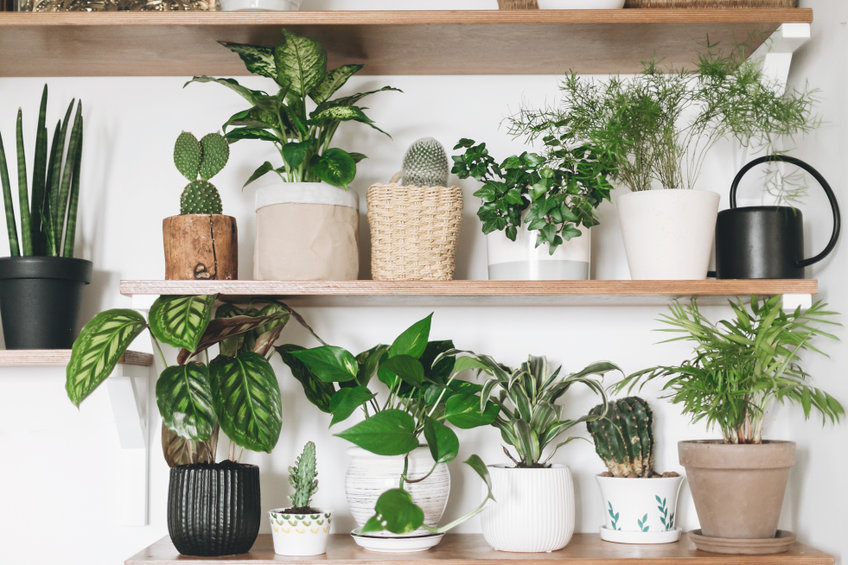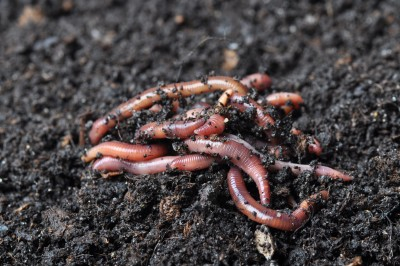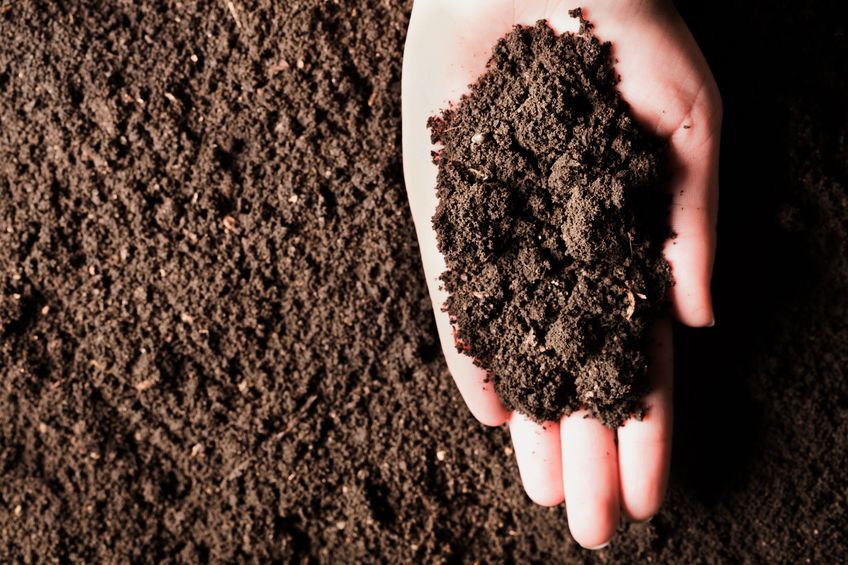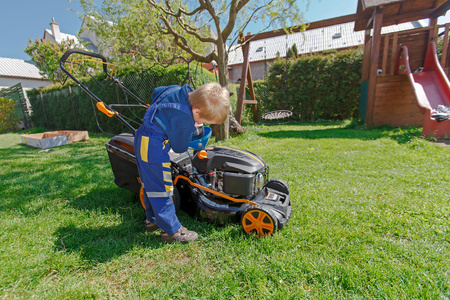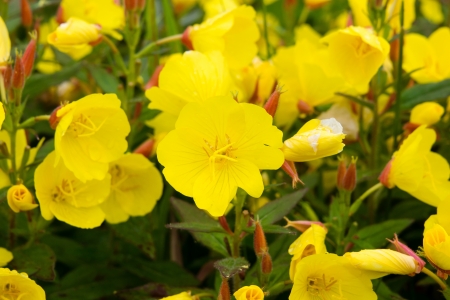Tips For
Composting Without Worms
Composting is a fun, year-round family project. If you like the idea of composting but are a bit squeamish about worms, that's no problem! With these hese tips for composting without worms it can be done, though it takes a bit more time.
The composting process will take a couple of months to complete, as you'll have to wait for stuff to decay without worms assisting and speeding up the process. Here's how to get started with these tips for composting without worms.
Tips For Composting Without Worms
Start your compost pile in an out-of-the-way place in your yard. Make a heap of table scraps (no dairy, fat, or meat, which will attract rodents and other critters.)
Add garden wastes such as grass clippings, leaves, or plant prunings. Avoid anything big or woody because it won't decompose quickly. If you don't have a good spot on the ground in your yard for a compost pile, consider getting a compost bin.
You can even get a rounded compost bin that you roll instead of turn. Kids love this type.
When your heap is about 3 feet tall, cover it with 2 inches of aged manure, available online and at garden centers.
Water the pile in your compost bin, cover it with black plastic, and let it cook. It will get very hot inside. Turn it with a compost pitchfork about once weekly so everything "cooks" consistently.
The more often you turn it, the faster it cooks. If it doesn't cook, add more manure.
Regularly Feed Your Compost Pile
Continue to feed your compost pile with garden waste, compost sawdust, manure, table scraps, coffee grounds, eggshells, and shredded paper every week.
Keep the soil moist but not wet. (If it starts to smell, it's too wet.) To keep flies from laying eggs on it, close the lid on the compost bin. Be sure to cover the scraps with soil. Add more paper or yard scraps each week.
Your compost should be fully cooked and ready to use as new soil in your garden in about two months after using these tips for composting without worms.
- Clean Home
- Backyard & Garden
- Composting Without Worms




